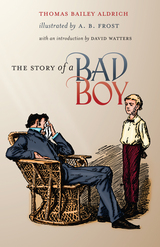6 start with H start with H
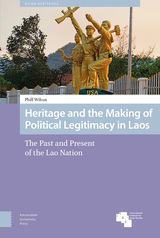
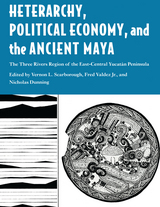
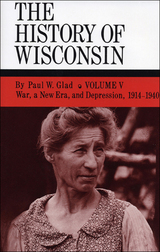
The fifth volume in The History of Wisconsin series covers the years from the outbreak of World War I to the eve of American entry into World War II. In between, the rise of the woman's movement, the advent of universal suffrage, and the "great experiment" of Prohibition are explored, along with the contest between newly emergent labor unions and powerful business and industrial corporations. Author Paul W. Glad also investigates the Great Depression in Wisconsin and its impact on rural and urban families in the state. Photographs and maps further illustrate this volume which tells the story of one of the most exciting and stressful eras in the history of the state.
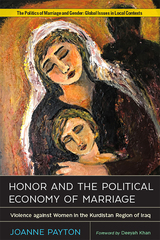
Honor and the Political Economy of Marriage provides a description of ‘honor’-based violence that focuses upon the structure of the family rather than the perpetrator’s culture. The author, Joanne Payton, argues that within societies primarily organized by familial and marital connections, women’s ‘honor’ is a form of symbolic capital within a ‘political economy’ in which marriage organizes intergroup connections.
Drawing on statistical analysis of original data contextualized with historical and anthropological readings, Payton explores forms of marriage and their relationship to ‘honor’, sketching changing norms around the familial control of women from agrarian/pastoral roots to the contemporary era.
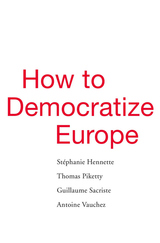
An all-star cast of scholars and politicians from Europe and America propose and debate the creation of a new European parliament with substantial budgetary and legislative power to solve the crisis of governance in the Eurozone and promote social and fiscal justice and public investment.
The European Union is struggling. The rise of Euroskeptic parties in member states, economic distress in the south, the migrant crisis, and Brexit top the news. But deeper structural problems may be a greater long-term peril. Not least is the economic management of the Eurozone, the nineteen countries that use the Euro. How can this be accomplished in a way generally acceptable to members, given a political system whose structures are routinely decried for a lack of democratic accountability? How can the EU promote fiscal and social justice while initiating the long-term public investments that Europe needs to overcome stagnation? These are the problems a distinguished group of European and American scholars set out to solve in this short but valuable book.
Among many longstanding grievances is the charge that Eurozone policies serve large and wealthy countries at the expense of poorer nations. It is also unclear who decides economic policy, how the interests of diverse member states are balanced, and to whom the decision-makers are accountable. The four lead authors—Stéphanie Hennette, Thomas Piketty, Guillaume Sacriste, and Antoine Vauchez—describe these and other problems, and respond with a draft treaty establishing a parliament for economic policy, its members drawn from national parliaments. We then hear from invited critics, who express support, objections, or alternative ideas.
How to Democratize Europe offers a chance to observe how major thinkers view some of the Continent’s most pressing issues and attempt to connect democratic reform with concrete changes in economic and social policies.
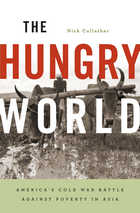
Food was a critical front in the Cold War battle for Asia. “Where Communism goes, hunger follows” was the slogan of American nation builders who fanned out into the countryside to divert rivers, remodel villages, and introduce tractors, chemicals, and genes to multiply the crops consumed by millions. This “green revolution” has been credited with averting Malthusian famines, saving billions of lives, and jump-starting Asia’s economic revival. Bono and Bill Gates hail it as a model for revitalizing Africa’s economy. But this tale of science triumphant conceals a half century of political struggle from the Afghan highlands to the rice paddies of the Mekong Delta, a campaign to transform rural societies by changing the way people eat and grow food.
The ambition to lead Asia into an age of plenty grew alongside development theories that targeted hunger as a root cause of war. Scientific agriculture was an instrument for molding peasants into citizens with modern attitudes, loyalties, and reproductive habits. But food policies were as contested then as they are today. While Kennedy and Johnson envisioned Kansas-style agribusiness guarded by strategic hamlets, Indira Gandhi, Marcos, and Suharto inscribed their own visions of progress onto the land.
Out of this campaign, the costliest and most sustained effort for development ever undertaken, emerged the struggles for resources and identity that define the region today. As Obama revives the lost arts of Keynesianism and counter-insurgency, the history of these colossal projects reveals bitter and important lessons for today’s missions to feed a hungry world.
READERS
Browse our collection.
PUBLISHERS
See BiblioVault's publisher services.
STUDENT SERVICES
Files for college accessibility offices.
UChicago Accessibility Resources
home | accessibility | search | about | contact us
BiblioVault ® 2001 - 2024
The University of Chicago Press





